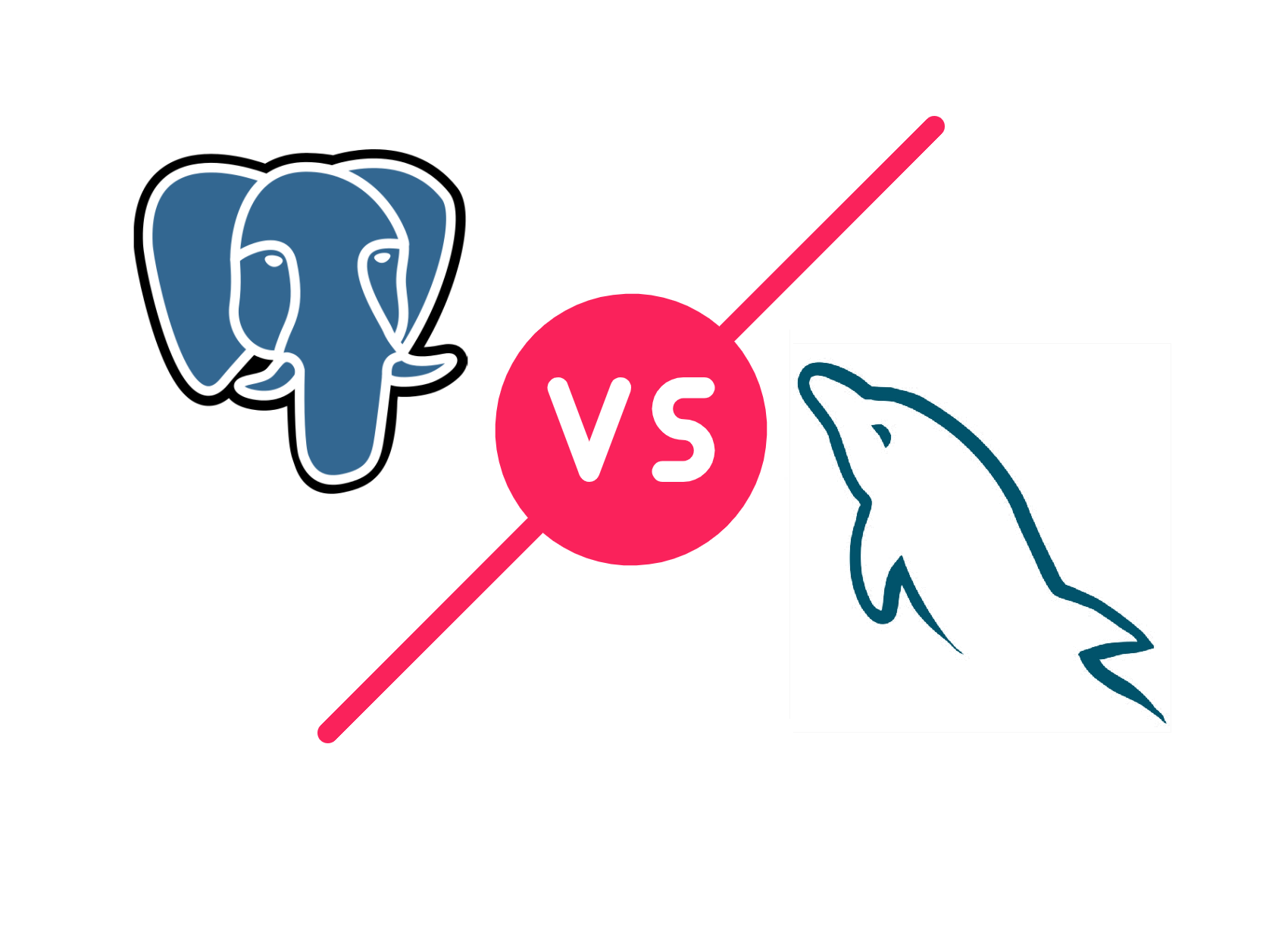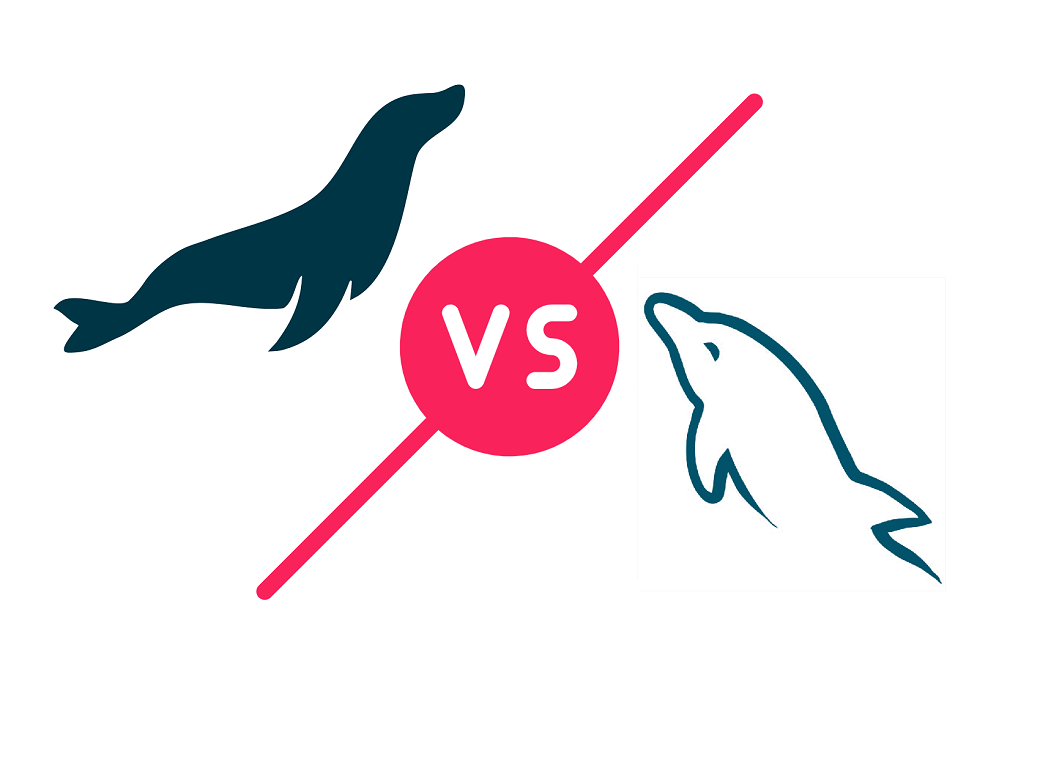PostgreSQL vs MySQL: When to Use and How to Choose
PostgreSQL and MySQL are both well-known powerhouse database management systems (DBMS). While both are fantastic, you still have to determine which is best for your specific needs. This article compares the differences between PostgreSQL and MySQL.

PostgreSQL and MySQL are both well-known powerhouse database management systems (DBMS). Just about everyone who has worked with databases has heard at least one of these names. While they are both fantastic, you still have to determine which is best for your specific needs. This article compares the differences between PostgreSQL and MySQL.
In some ways, PostgreSQL and MySQL are very similar. For example, both DBMSs are open-source applications. Both applications are free to install. There are no charges for upgrades. While this is easy on the wallet, this also means that there is not necessarily a single source for technical support. PostgreSQL and MySQL both have a robust community that can assist with technical issues. The only challenge is that there isn’t a customer service or technical support number or chat link you can use to help with resolving difficult issues.

PostgreSQL and MySQL are both well-worn and time-tested. PostgreSQL has been in production since 1996, and MySQL since 1995. Both have found their way into the tech stacks of industry leaders across every sector. For example, companies such as Apple, Spotify, Instagram, and Reddit use PostgreSQL. While companies such as Uber, AirBnB, Netflix, and Pinterest are known to use MySQL.
The database systems are similar in many ways. However, there are differences between the two. These differences, while seemingly minor, can be a significant deciding factor on which DBMS to choose.

The chief difference between the two is that they are slightly different flavors of database management system. MySQL is a pure Relational Database Management System (RDBMS). It follows all the rigors and standards applied to an RDBMS, including ACID compliance (atomicity, consistency, isolation, durability) to ensure data integrity, joins, indexing, keys, etc.
PostgreSQL is an Object Relational Database Management System (ORDBMS). Like MySQL, it encompasses all the data integrity rules that one associates with an RDBMS. However, PostgreSQL also includes object-oriented programming (OOP) technology in its application. By using OOP, custom data types can be created to extend the DBMS beyond the limitation seen in MySQL. For example, if a custom data type is required to support the needs of the business, PostgreSQL can handle it. While this makes PostgreSQL more flexible, it also makes it (potentially) more complex to maintain.

PostgreSQL’s flexibility/complexity paradigm introduces another disparity between the two database systems: the learning curve. Because PostgreSQL has added flexibility and customization, it also requires a database administrator (DBA) or IT team well-versed in dealing with OOP programming and more complex implementation issues. Also, because the primary source for support is the technical community at large, it may be more difficult to find answers to unique or business-specific challenges.
MySQL, on the other hand, is renowned for its simplicity. Because it is strictly an RDBMS, users rave about how quickly they were able to integrate the database into their projects. DBA’s and IT teams with some database experience will find MySQL easy to implement and very intuitive. This also means that technical questions or issues are usually more generic, and the MySQL community can quickly provide answers.

Another difference between MySQL and PostgreSQL is speed. MySQL, again due to it being an RDBMS only, is 'slimmer' and thus inherently faster. Though, speed is always reliant on the hardware that supports it. Because MySQL has less complexity, it has less to contend with. Therefore, it is considered an all-around faster database.
When stacking all these differences together, one final difference is also seen. Because MySQL is faster and has less complexity, it is often used where speed is mission critical. Examples of where MySQL is often used is in Content Management Systems (CMS) and web applications. Because PostgreSQL has more data type flexibility and greater flexibility for handling edge-case business challenges, it is often used for applications where the data load and data challenges are great. What PostgreSQL lacks in speed, it makes up in power and flexibility.
Expert Help
This stuff is complex. But that's why Zuar was founded. We work with organizations of all sizes to help them get set up with data pipelines that utilize up-to-date yet proven technologies.
- Get the most out of your data without hiring an entire team to make it happen. Learn about Zuar's data staging services to build data integrations, pipelines, infrastructure, and models.
- Pulling data into a single destination and normalizing that data, whether in the cloud or OnPrem, can be difficult for any organization. Zuar's Runner solution provides comprehensive ETL and automated pipeline functionality without the learning curve and cost of many other solutions. You can learn more here.



